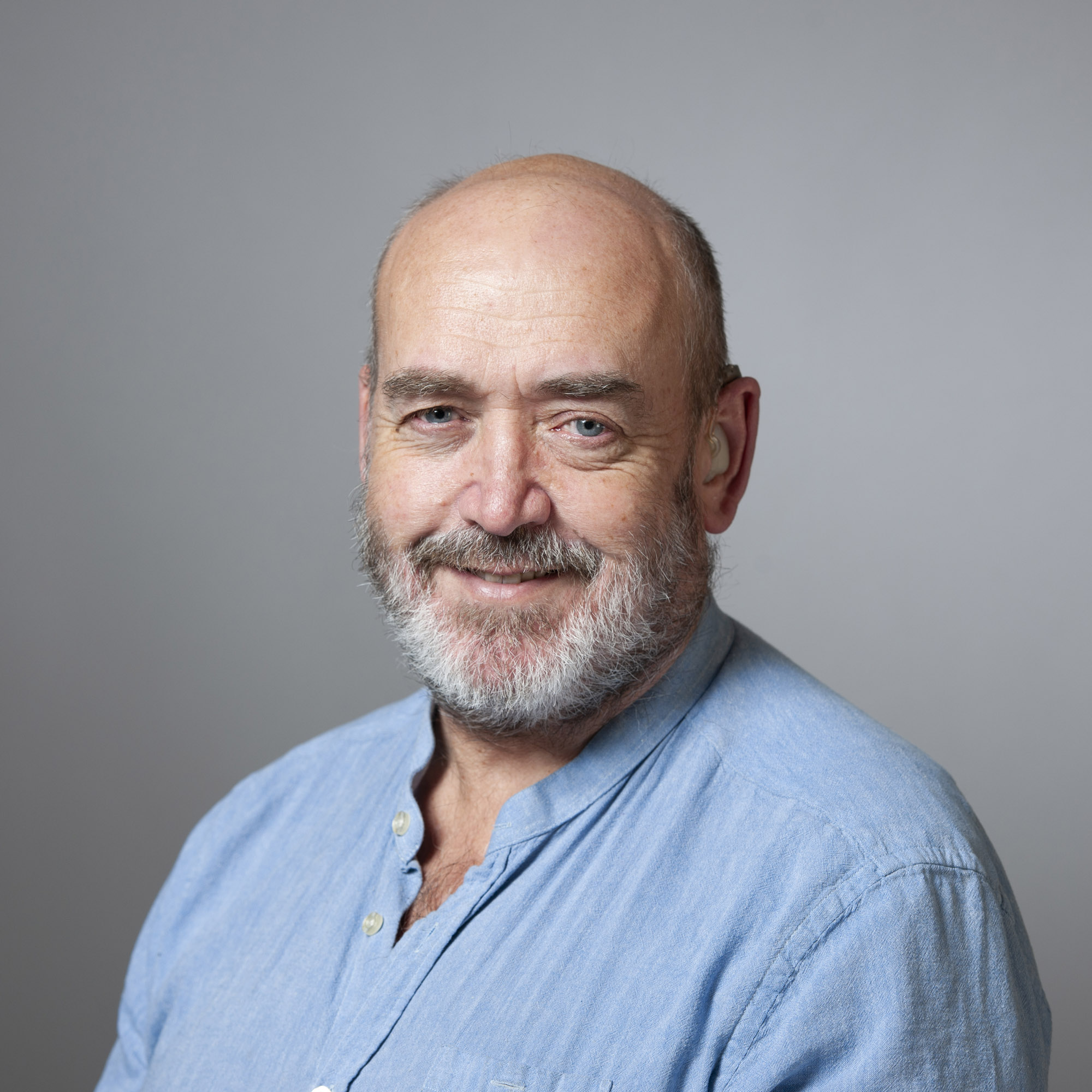The big picture: using wildflower strips for pest control
Rothamsted will take part in the UK and Europe’s first trials of gene edited (GE) GE crops on conventional farms. The farmer-led trials will use experimental lines, the goal being to gain valuable information about the viability of gene edited traits in a variety of field conditions, with feedback from farmers, and to produce enough grain for testing in real-world food production systems.
The trials, known by the acronym PROBITY (Platform to Rate Organisms Bred for Improved Traits and Yield) are being organised by the British on-Farm Innovation Network (BOFIN) in partnership with Rothamsted, BOFIN, the John Innes Centre, University of Nottingham, UK Agri-Tech Centre, Newby Partnerships Ltd, Elsoms Seeds, Dyson Farming, Cereal Partners Worldwide, Nestec York Ltd, First Milk, and Aberystwyth University. Up to 25 farms may ultimately be involved.
Rothamsted’s Prof Nigel Halford said “This is a very exciting project, but it is important that expectations regarding the commercial prospects of this research are kept in perspective. It could take several years before foods derived from gene edited crops grown in the UK become generally available, not least because the secondary legislation to implement the Precision Breeding Act is still being finalised for introduction to Parliament later this year. The fact that the Precision Breeding Act only applies to England, not the whole of the UK, is also an issue for breeders.”
It is important that expectations regarding the commercial prospects of this research are kept in perspective. It could take several years before foods derived from gene edited crops grown in the UK become generally available.
Two different gene-edited crops developed at Rothamsted are included in these farm-based field trials. One is a line of barley that has been edited to produce a higher content of lipid in the leaves. This has been linked with reducing the methane when fed to cattle. Lipids are typically only about 2 per cent of the dry weight of barley; the edited version can potentially increase that to about 4 per cent.
Rothamsted’s Professor Peter Eastmond, who led the team developing the new variety, said: “Trials on-farm are a logical test for us to find out if the changes we have made to the genome will still allow the plant to perform in the field. We will be able to get valuable information about how the new line stands up to differing weather patterns, types of soil and possible pests and diseases.”
The second line is a wheat variety that has been gene edited to lower the levels of the amino acid asparagine in the grain. Engineered by Professor Nigel Halford and his team, the goal is to reduce the amounts of acrylamide formed when the wheat is cooked. Acrylamide is a probable carcinogen and food manufacturers are keen to have varieties that produce lower levels so that wheat products will comply with regulations on acrylamide content, which are expected to be increased by the EU, our largest export market, later this year.
This year, the trials are on a relatively limited scale. The project partners hope to multiply enough seed for more widespread on-farm trials during the 2025-26 growing season.

Crop Scientist

Biochemist
Rothamsted Research is the longest-running agricultural research institute in the world. We work from gene to field with a proud history of ground-breaking
discoveries in areas as diverse as crop management, statistical interpretation and soil health. Our founders, in 1843, were the pioneers of modern
agriculture, and we are known for our imaginative science and our collaborative approach to developing innovative farm practice.
Through independent research, we make significant contributions to improving agri-food systems in the UK and internationally, with
economic impact estimated to exceed £3 bn in annual contribution to the UK economy. Our strength lies in our systems approach, which combines strategic research,
interdisciplinary teams and multiple partnerships.
Rothamsted is home to three unique National Bioscience Research Infrastructures which are open to researchers from all over the world:
The Long-Term Experiments,
Rothamsted Insect Survey and the
North Wyke Farm Platform.
We are strategically funded by the Biotechnology and Biological Sciences Research Council (BBSRC), with additional support from other national and
international funding streams, and from industry. We are also supported by the Lawes Agricultural Trust (LAT).
The Biotechnology and Biological Sciences Research Council is part of UK Research and Innovation, a non-departmental public body funded by a grant-in-aid
from the UK government.
BBSRC invests to push back the frontiers of biology and deliver a healthy, prosperous and sustainable future. Through our investments, we build and support a vibrant,
dynamic and inclusive community which delivers ground-breaking discoveries and develops bio-based solutions that contribute to tackling global challenges,
such as sustainable food production, climate change, and healthy ageing.
As part of UK Research and Innovation (UKRI), we not only play a pivotal role in fostering connections that enable the UK’s world-class research and innovation system
to flourish – we also have a responsibility to enable the creation of a research culture that is diverse, resilient, and engaged.
BBSRC proudly forges interdisciplinary collaborations where excellent bioscience has a fundamental role. We pioneer approaches that enhance the equality, diversity,
and inclusion of talent by investing in people, infrastructure, technologies, and partnerships on a global scale.
The Lawes Agricultural Trust, established in 1889 by Sir John Bennet Lawes, supports Rothamsted Research’s national and international agricultural science through the provision of land, facilities and funding. LAT, a charitable trust, owns the estates at Harpenden and Broom's Barn, including many of the buildings used by Rothamsted Research. LAT provides an annual research grant to the Director, accommodation for nearly 200 people, and support for fellowships for young scientists from developing countries. LAT also makes capital grants to help modernise facilities at Rothamsted, or invests in new buildings.